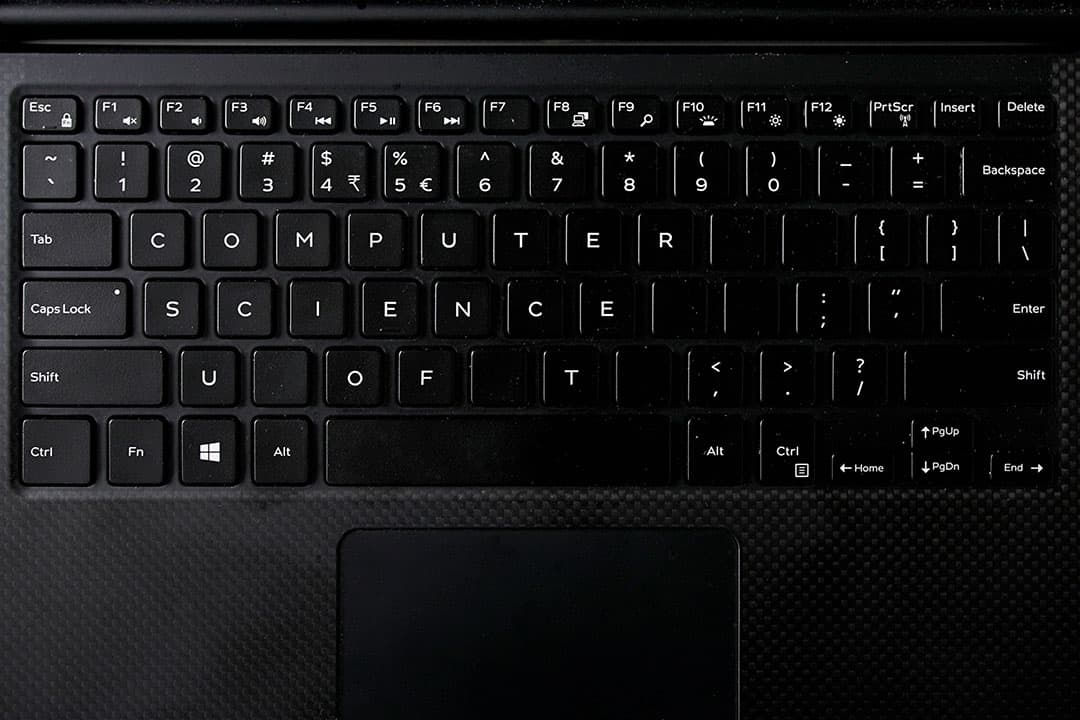Using screens is a major part of many people’s lives. Working virtually, reading the news in real time, and connecting with people in different places all rely on the use of a screen. As the use of screens has proliferated and tech companies introduce and enhance features to allow users to track and manage their screen time, conversations around screen time and well-being have become even more important.
What is screen time?
Screen time refers to the amount of time individuals spend using a device that has a screen, like a TV, computer, game console, or smartphone.
The factors contributing to screen usage by individuals are becoming increasingly complex as applications are being designed and updated to specifically keep users hooked. Push notifications, autoplay on Netflix and Youtube, and infinite scrolling on social media apps are just some examples of things that keep you glued to your screen.
While the rise in screen time has paralleled the emergence of these features, the amount of time we spend looking at screens is also because our daily lives are becoming dependent on them. Many students use computers to type notes and complete assignments, and virtual workspaces like Zoom and Microsoft Teams are becoming the backbone of remote working.
The impact of screen time on well-being
Screen time definitely has its necessary uses and its obvious pitfalls, like being time-consuming for users, but what impact does it actually have on our well-being?
Screen time has been associated with poor physical and mental health outcomes. The Mayo Clinic reports that too much or poor quality screen time among children has been linked to irregular sleep schedules and shorter duration of sleep, behavioural problems, and lack of social skills.
However, research on the impact of screen time on psychological well-being has been extremely varied and, at times, conflicting. Some research has reported that screen time can have significant negative impacts on well-being, including poor emotional regulation, while some research has also reported that there are no significant negative impacts to high screen usage, and there might even be benefits to it.
One study that found a significant negative link between screen time and psychological well-being found these impacts to be more prevalent among adolescents. This can be attributed to the fact that adolescents have more social media accounts than adults and young children and may own their own smartphone, which can lead to more time spent using a screen. If social media replaces the face-to-face interactions that are important for adolescents, it can have a negative impact on their well-being and mental health.
Since screens help individuals become more closely connected with their peers and friends, they can lead to both positive and negative interactions for individuals. These negative interactions through screen usage can lead to ‘digital stress’: a form of stress linked to digital devices and caused by negative interactions through emails, text messages, and social media.
Improving digital well-being
Push notifications can be a large contributor to screen usage. If you pick up your device every time you receive a notification, you can fall down a rabbit hole of opening your notifications, reading them, and unintentionally spending much more time on the applications that sent them. Managing the frequency of your notifications and how notifications appear on your devices can help improve the way you manage screen time.
Going on a digital detox from time-consuming applications can help you make time for the rest you need from screens. It can be difficult to manage screen time when we regularly use them in our daily lives, but deciding to refrain from using certain applications for periods of time can help manage digital stress.
Being mindful of your screen usage can help reduce your digital stress and maintain your well-being. Managing push notifications, taking digital detoxes, logging out of applications, and turning off your devices can help you manage the need to reach for those devices and reduce screen time.


